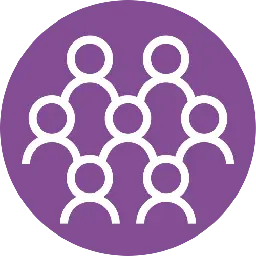OpenPrinting News Flash - cups-browsed Remote Code Execution vulnerability
sweng @ sweng @programming.dev Posts 1Comments 206Joined 2 yr. ago
sweng @ sweng @programming.dev
Posts
1
Comments
206
Joined
2 yr. ago

You would be vulnerable on Windows, if you were running CUPS, which you probably are not. But CUPS is not tied to Linux, and is used commonly on e.g. BSDs, and Apple has their own fork for MacOS (have not heard anything about it being vulnerable though).